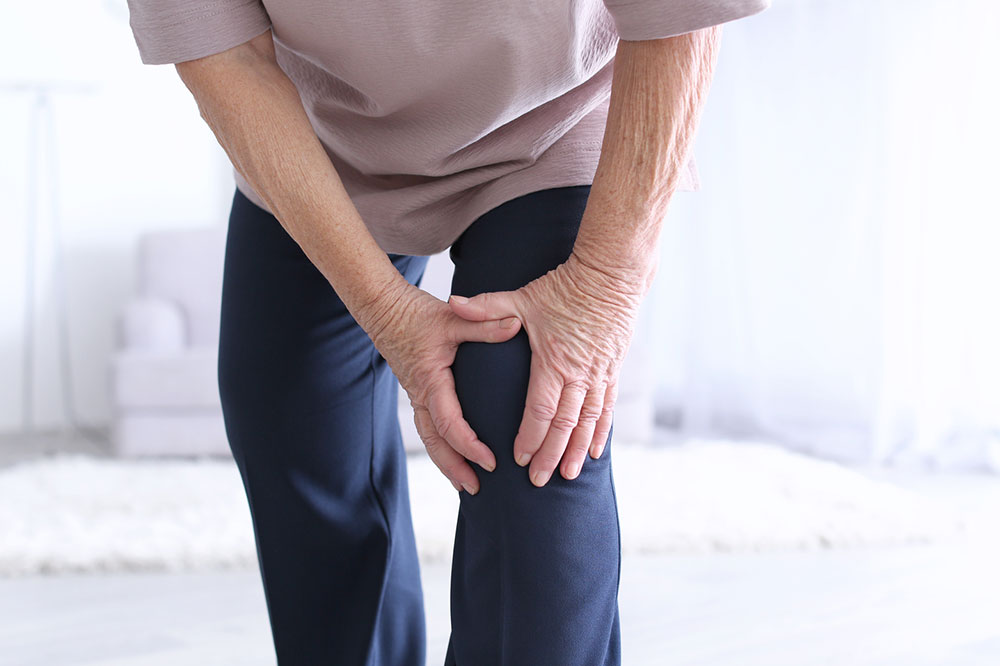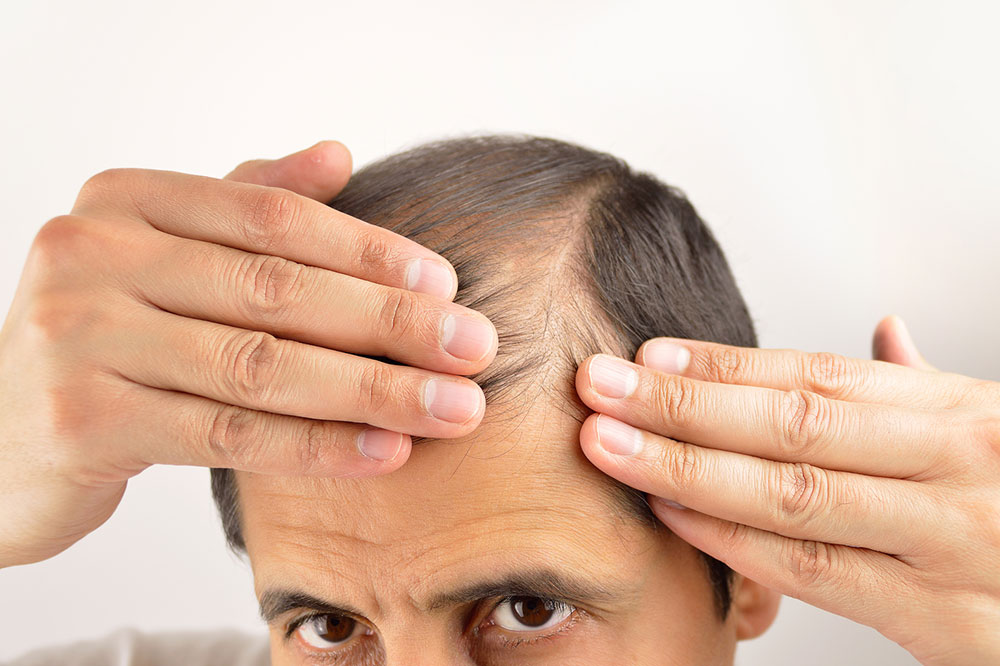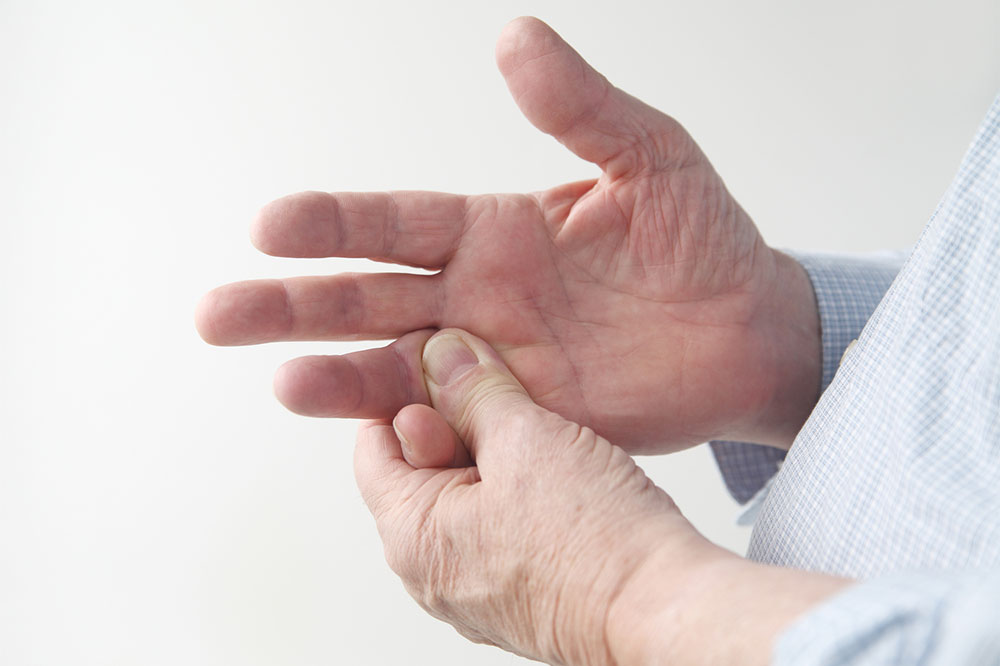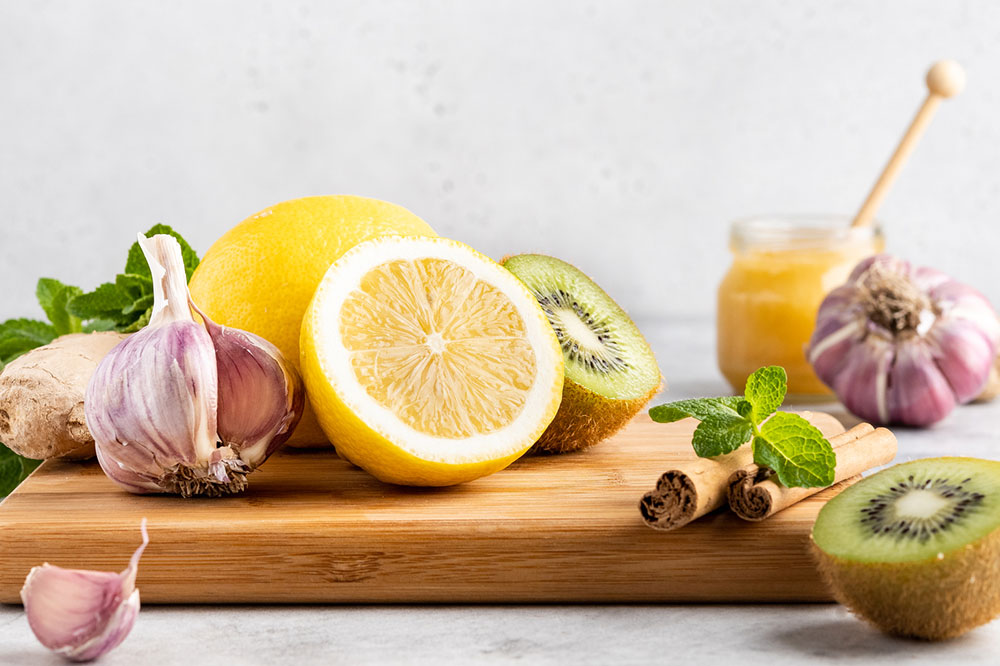5 skin care mistakes that cause premature aging
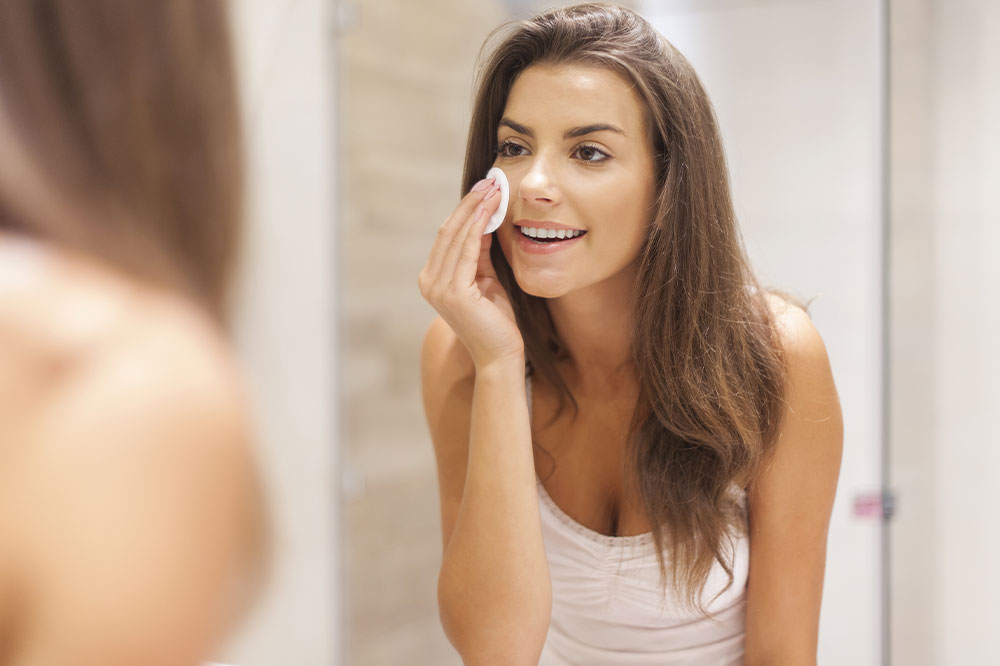
Skincare can be tricky as not all rules apply to everyone. However, some general skincare rules do not change with your skin type or age. A bad skincare ritual can lead to so many complications. Similarly, some bad skincare habits can cause premature aging, dehydration, and loss of natural skin oils. Here are some of the skincare mistakes to avoid. Also, speak to your dermatologist if you are experiencing any particular allergies or issues.
Not applying sunscreen
It may sound cliche but skipping sunscreen is one of the biggest skincare mistakes you should avoid. Stepping out with no sunscreen is like giving the UV rays a free pass to your skin, leading to premature aging and increasing the risk of skin cancer. Dermatologists advise applying a broad-spectrum sunscreen that has SPF 30 or above. If you are out in the sun for more than a couple of hours, always re-apply after every 2 hours. Make sure to clean your face with a gentle cleanser before re-applying. If you can avoid stepping out during harsh sunlight, especially between 12 PM to 3 PM when the Sun is directly above the head, choose to do so. Remember, you can still get a glowing tan without compromising your skin’s health.
Sleeping with makeup on
Another rookie mistake to avoid! Makeup clogs all the skin pores making it difficult for them to breathe. Sleeping with these products, which have several chemicals, will only cause your skin to irritate and lead to issues like acne or breakout, even inflammation in some. Your skin goes through a natural repair process; makeup can stop that by blocking the pores. This can lead to dull and tired skin that needs extra care.
Poor nutrition
A common mistake, especially made by young people because they do not see the consequences immediately. However, poor nutrition over time shows on the skin, and it is vital to change that. Eating the right fruits and vegetables with vitamins like A and C is important to keep that healthy, youthful glow. Eat citrus fruits like orange and grapefruit and berries like blueberries, which have many antioxidants that minimize free radicals. Eating green vegetables like kale, spinach, and broccoli that are rich in iron help keep the hemoglobin up. Vitamin A is known for cell repair and reproduction, while vitamin C is important for its antioxidant properties that keep the skin looking young and healthy.
Not enough hydration
If eating fruits and vegetables is important, remember that hydration is just as important. Dehydration can make the fine lines and wrinkles look more apparent than ever, so always ensure that you drink enough water throughout the day. A lot of people also include other beverages like coffee or tea. However, the caffeine content should be kept to the minimum as that, too, causes dehydration. If you like to drink a beverage, switch to non-caffeinated herbal teas, which may boost your skin’s health.
Long baths
However relaxing this may sound, long, hot baths are not suitable for your skin. Over-exfoliation is another bathing ritual that leads to premature aging, as you are constantly stripping the skin of its natural oils, leading to dry, wrinkled skin. If you want a hot bath, stick to quick warm showers and avoid washing your face with hot water. Always use either normal temperature or cold water to splash your face. Taking cold showers can be great for your skin pores and muscles, especially after a tedious workout. Try it out.
If you have a tattoo on your skin, it is recommended that you moisturize the area thoroughly every day to avoid any dehydration or other infections. If it is a new tattoo, the artist may have given or recommended a topical cream to ensure it heals fast with no rash or other issues.

